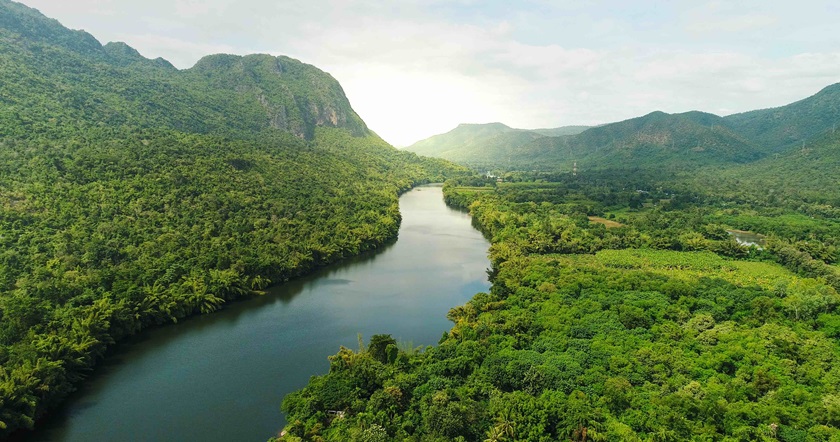
Epson, a global technology leader, has unveiled its inaugural Sustainability Report dedicated to Southeast Asia. This significant release underscores Epson’s steadfast dedication to fostering a positive environmental and social footprint across the region. Detailing progress from April 2022 to March 2023 in markets spanning the Philippines, Singapore, Indonesia, Malaysia, Vietnam, and Thailand, the report amplifies Epson’s commitment to perpetuating impactful change in the region in the years ahead.
At a global scale, Epson is actively contributing to all 17 United Nations Sustainable Development Goals (SDGs) as part of its corporate citizenship ethos. Specifically, in Southeast Asia, the company is concentrating its efforts on five key SDGs—SDG 8 (Decent Work and Economic Growth), SDG 9 (Industry, Innovation, and Infrastructure), SDG 12 (Responsible Consumption and Production), SDG 13 (Climate Action), and SDG 17 (Partnerships for the Goals)—aligning with its operational focus and potential for significant influence.

In the Philippines, Epson has made remarkable strides in combatting climate change by notably reducing greenhouse gas (GHG) emissions across its operational spectrum. This involves transitioning to renewable electricity usage, curbing emissions in production, and streamlining emissions throughout the value chain. Notably, Epson’s Philippine factory led the charge, operating at 100% renewable energy since January 2021, surpassing the 2023 global deadline.
Moreover, Epson Philippines is deeply engaged in supporting local communities and conservation endeavors. The company is dedicated to fostering an inclusive workplace, implementing comprehensive unconscious bias training for employees, ensuring equal opportunities, and integrating these initiatives into its onboarding and training programs. Monitoring the efficacy of these efforts remains a priority while consistently driving programs that nurture individual growth and contributions.
Through partnerships like the one with the World Wide Fund for Nature (WWF), Epson emphasizes its commitment to biodiversity preservation and social responsibility. Collaborative projects, such as the Mangrove Restoration Project in Palawan, demonstrate Epson’s dedication to revitalizing biodiversity and marine ecosystems while empowering local communities for sustained environmental stewardship.
Masako Kusama, President, and Director of Epson Philippines Corporation, emphasized, “At Epson Philippines, we are wholeheartedly dedicated to making a lasting positive impact on our environment and society. Our Sustainability Report reflects our commitment to fostering sustainable practices and innovative solutions, benefitting not just our customers but also the communities we serve.”
Epson’s cutting-edge sustainable technologies are revolutionizing industries like printing, projection, and manufacturing. For instance, their Heat-Free inkjet printers significantly contribute to environmental conservation by reducing energy consumption, waste, and promoting responsible consumption.
The EcoTank printers, cutting power consumption by up to 85% and producing 85% less carbon dioxide compared to laser printers, further exemplify Epson’s commitment to sustainability. These technologies enable organizations to minimize their environmental footprint while delivering exceptional performance.
Additionally, Epson’s digital textile printing technology offers substantial environmental advantages over traditional analogue methods, reducing excess production, water consumption, and enhancing working conditions. Epson Philippines is poised to lead the transformation of the local textile industry, given the growing importance of sustainable solutions across industries.
Epson Southeast Asia remains resolute in its pursuit of a more sustainable future in the region. By concentrating on impacting business operations, value chains, and fostering partnerships, the company aims to collaborate with Southeast Asian countries, advancing regional goals and leaving a lasting positive impact on the environment and society.






